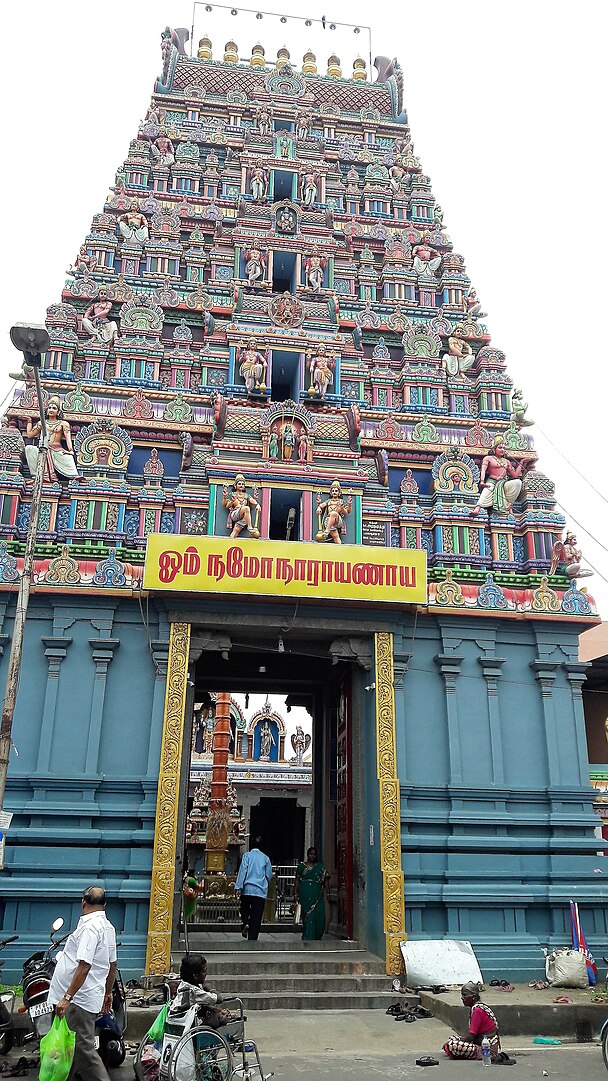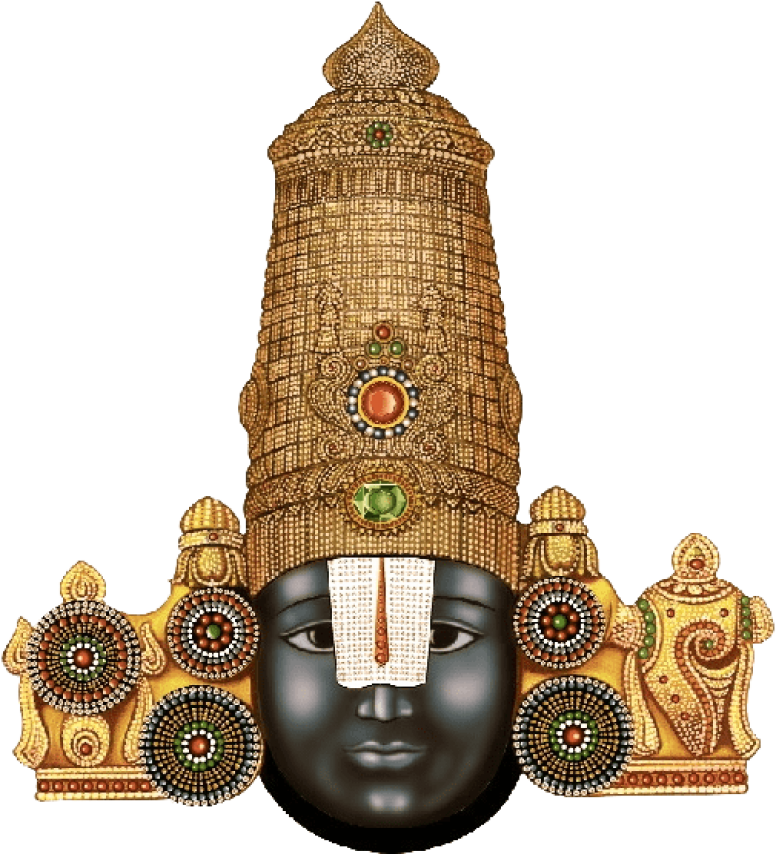Avalappam Varadharaja Perumal Thunai
Perumal Temple, also known as Lord Venkateswara Temple or Tirupati Balaji Temple, is one of the most famous and sacred temples dedicated to Lord Vishnu located in Tirumala, in the Chittoor district of Andhra Pradesh, India. It is situated atop the Tirumala hills, often referred to as the “Temple of Seven Hills.”
The temple is renowned for its architectural grandeur, religious significance, and the rich traditions associated with it. It attracts millions of devotees from all over the world annually, making it one of the most visited religious sites globally. The presiding deity of the temple is Lord Venkateswara, an incarnation of Lord Vishnu. The deity is also affectionately known as Balaji, Srinivasa, or Govinda. The temple complex is vast and includes various shrines, halls, and other structures. Devotees believe that a pilgrimage to this temple and the darshan (viewing) of Lord Venkateswara can wash away their sins and bestow them with divine blessings. The temple is also famous for its laddu prasadam, a sweet offering made to the deity, which is distributed to the devotees as a token of divine grace.
Temple Specialities
Each Perumal temple usually has its own unique history, mythology, and significance. Some of the most famous Perumal temples include the Sri Ranganathaswamy Temple in Srirangam, Tamil Nadu, which is one of the largest temple complexes in India, and the Tirumala Venkateswara Temple in Andhra Pradesh, which is one of the wealthiest and most visited Hindu temples in the world.

Focus and Architecture
Focus on Lord Perumal: Perumal temples are dedicated specifically to Lord Perumal, who is a form of Lord Vishnu. Devotees visit these temples to offer prayers, seek blessings, and connect with the divine presence of Lord Perumal.
Unique Architecture: Perumal temples often feature distinctive architectural styles, showcasing intricate carvings, towering gopurams (gateway towers), mandapams (pillared halls), and ornate sculptures depicting scenes from Hindu mythology. Each temple may have its own architectural elements that reflect the regional and cultural influences of its location.
Idol Worship: The main sanctum of Perumal temples houses the idol of Lord Perumal, typically made of stone or metal. Devotees perform rituals such as abhishekam (ritual bathing), alankaram (decorating the deity), and archana (offering prayers) to honor the deity.
Vaishnavite Traditions: Perumal temples follow the Vaishnavite tradition, which emphasizes devotion to Lord Vishnu and his avatars. Rituals and practices in these temples are based on the teachings of Vaishnavism, including the recitation of Vishnu Sahasranama (the thousand names of Lord Vishnu) and the observance of festivals like Vaikunta Ekadashi and Rama Navami.
Sacred Festivals: Perumal temples celebrate a variety of festivals throughout the year, each with its own significance and rituals. These festivals often attract large gatherings of devotees who participate in religious processions, cultural performances, and special prayers dedicated to Lord Perumal.
